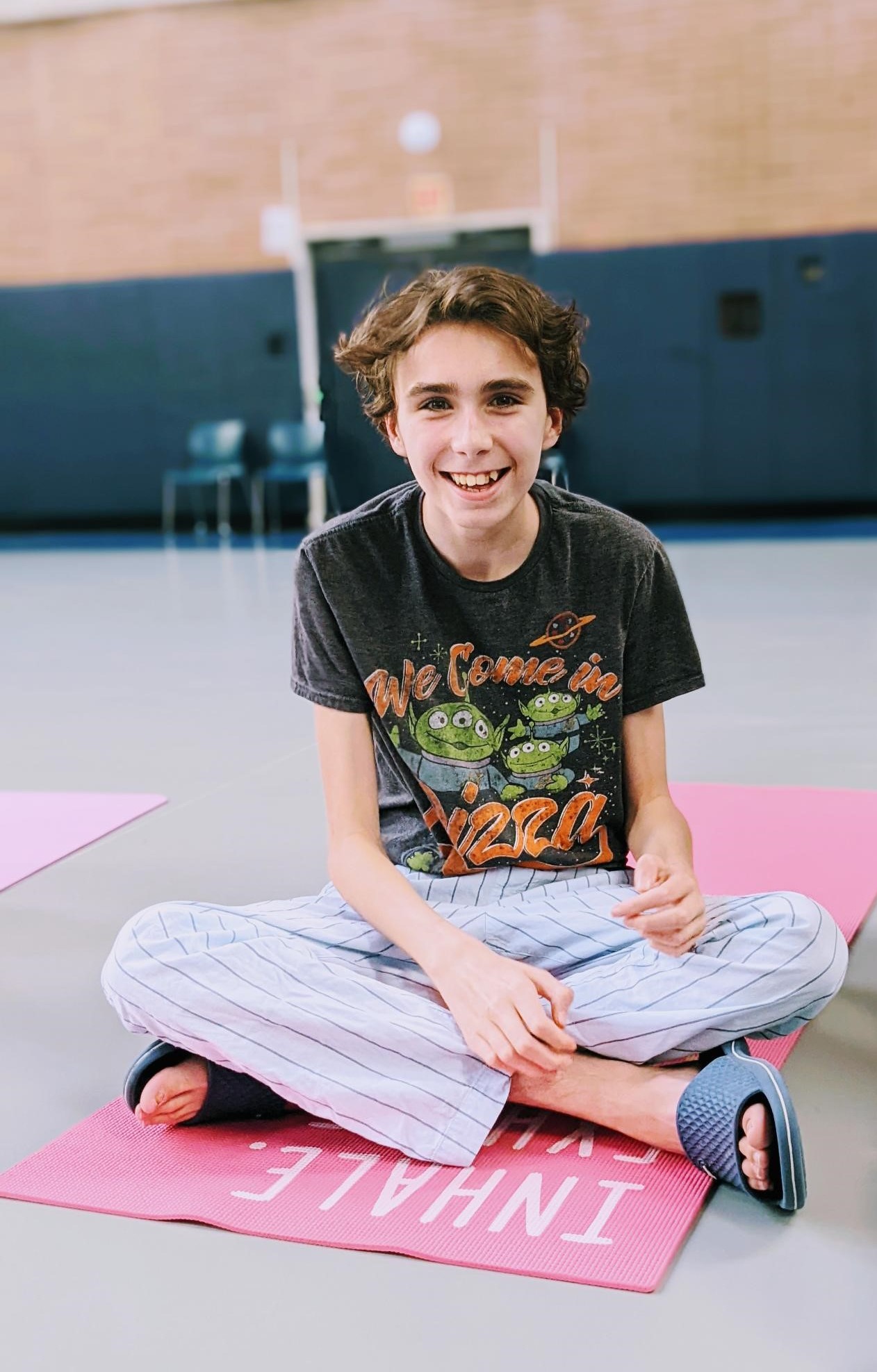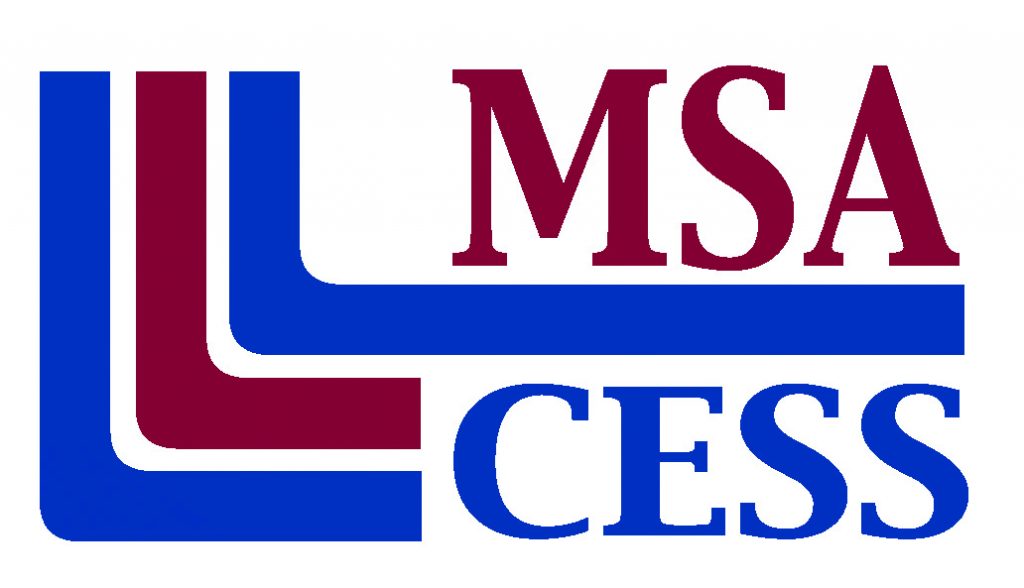Yoga, Pilates, and meditation have been increasingly recognized for their therapeutic benefits, especially for individuals with autism. These practices offer a range of physical, sensory, cognitive, and emotional benefits that can significantly enhance the quality of life for those on the autism spectrum.
Physical Benefits
For individuals with autism, engaging in physical activities such as yoga and Pilates can be particularly beneficial. These exercises are low-impact and adaptable, making them accessible to people with varying physical abilities. Yoga helps improve flexibility, muscle tone, and balance through a series of poses and stretches. Pilates focuses on core strength and stability, enhancing overall body awareness and posture. These physical benefits are crucial, as many individuals with autism may struggle with coordination and motor skills.
Regular participation in yoga and Pilates can also help mitigate some repetitive behaviors often associated with autism. These activities provide a structured and safe way to channel energy, promoting calmness and reducing hyperactivity.
Sensory Regulation
Sensory processing challenges are common in autism, where individuals may be overly sensitive or under-responsive to sensory stimuli. Yoga and Pilates can help regulate sensory input through deep pressure, proprioceptive feedback, and rhythmic movements. These activities can help individuals become more attuned to their bodies, leading to improved sensory integration and a reduction in sensory overload. The mindfulness aspect of these practices also encourages individuals to focus on their breathing and body sensations, fostering a sense of calm and groundedness.
Mental and Emotional Benefits
Meditation, often incorporated into yoga practice, provides significant mental and emotional benefits. For individuals with autism who may experience high levels of anxiety and stress, meditation offers a tool for achieving mental tranquility. Techniques such as deep breathing, mindfulness, and guided visualization help reduce anxiety and improve emotional regulation. By fostering a state of relaxation, meditation can enhance overall well-being and resilience.
Social and Behavioral Improvements
Yoga, Pilates, and meditation often occur in group settings, providing valuable opportunities for social interaction. These group activities can help individuals with autism develop social skills such as turn-taking, following instructions, and engaging in cooperative behavior. The structured environment of these practices also supports the development of discipline and self-control, which can translate to improved behavior in other areas of life.
Cognitive Enhancements
The focus and concentration required in yoga and Pilates can lead to cognitive benefits for individuals with autism. These practices demand attention to detail and body awareness, which can enhance cognitive functions such as memory, attention, and problem-solving skills. Meditation, with its emphasis on mindfulness, can further boost cognitive flexibility and mental clarity. These cognitive enhancements can support better academic performance and daily functioning.
Emotional Self-Regulation
One of the most profound benefits of yoga, Pilates, and meditation is their ability to promote emotional self-regulation. These practices teach individuals to become more aware of their emotional states and develop strategies to manage stress and negative emotions. Yoga’s emphasis on breathing and mindfulness helps individuals recognize and process their feelings in a healthy way. The discipline of Pilates can instill a sense of control and self-mastery, contributing to better emotional regulation.
Accessibility and Adaptability
Yoga, Pilates, and meditation are highly adaptable, making them suitable for individuals with autism regardless of their abilities. Instructors can modify exercises to meet the specific needs of participants, ensuring that everyone can benefit from these practices. The non-competitive nature of these activities allows individuals to progress at their own pace, fostering a sense of achievement and confidence.
Shrub Oak International School exemplifies the integration of these beneficial practices by regularly bringing in a yoga and pilates instructor to work with students. This school also offers meditation, mindfulness, and dedicated yoga time throughout the students’ day, ensuring that these therapeutic activities are a consistent part of their routine. By incorporating these practices into the daily schedule, Shrub Oak provides a structured environment where students can experience the physical, sensory, cognitive, and emotional benefits of yoga, pilates, and meditation. This holistic approach supports the overall well-being of students, enhancing their quality of life and fostering a nurturing, supportive community for individuals with autism.
Incorporating yoga, Pilates, and meditation into the lives of individuals with autism offers numerous benefits, from physical health and sensory regulation to cognitive improvements and emotional well-being. These practices provide a holistic approach to addressing the diverse needs of those on the autism spectrum, significantly enhancing their quality of life. As awareness of these benefits grows, more individuals with autism and their caregivers are likely to adopt these powerful tools for health and healing.









